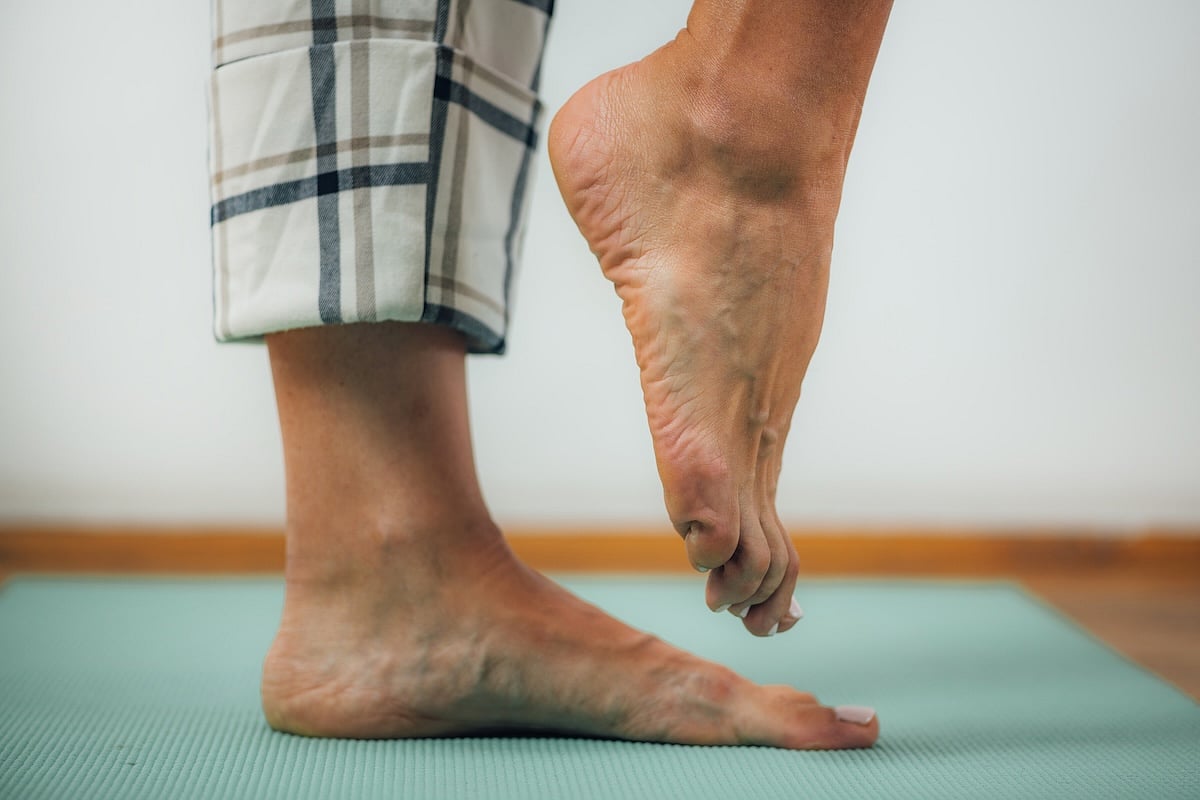Get Healthy!

- Dennis Thompson
- Posted October 24, 2024
Over 50? How Long You Can Stand on One Leg Is Important
There's a simple test available to seniors who want to quickly check how well they’re aging: see how long you can stand on one leg.
Folks over 50 who can stand on one leg for 30 seconds are aging gracefully, particularly if it’s not their strong leg, a new study finds.
This test worked better than tests of hand grip, knee strength and walking gait at evaluating healthy aging, researchers reported Oct. 23 in the journal PLOS One.
"Balance is an important measure because, in addition to muscle strength, it requires input from vision, the vestibular system and the somatosensory systems," said senior researcher Kenton Kaufman, director of the Motion Analysis Laboratory at Mayo Clinic.
"Changes in balance are noteworthy,” Kaufman added in a mayo Clinic news release. “If you have poor balance, you're at risk of falling, whether or not you're moving. Falls are a severe health risk with serious consequences."
For the study, researchers asked 40 healthy, independent people older than 50 to take part in a series of movement tests. Half of the participants were younger than 65, and the other half were 65 or older.
The balance test required participants to balance on one leg, for 30 seconds for each leg. They could hold the leg they weren’t standing on, if they liked, and kept their eyes open.
The participants also stood on both feet with eyes open and eyes closed.
Standing on the non-dominant leg most accurately captured the highest rate of decline with age among seniors, researchers said.
Grip and knee strength tests also showed significant declines as people aged, but weren’t as reflective of aging as balance.
Kaufman said people can take steps to improve their balance, just by practicing standing on one leg and focusing on the muscle movements necessary to maintain the pose.
Unintentional falls are the leading cause of injuries among seniors 65 and older, and most falls results from a loss of balance.
"If you don't use it, you lose it. If you use it, you maintain it," Kaufman said. "It's easy to do. It doesn't require special equipment, and you can do it every day."
More information
The National Institute on Aging has more about seniors and balance problems.
SOURCE: Mayo Clinic, news release, Oct. 23, 2024







